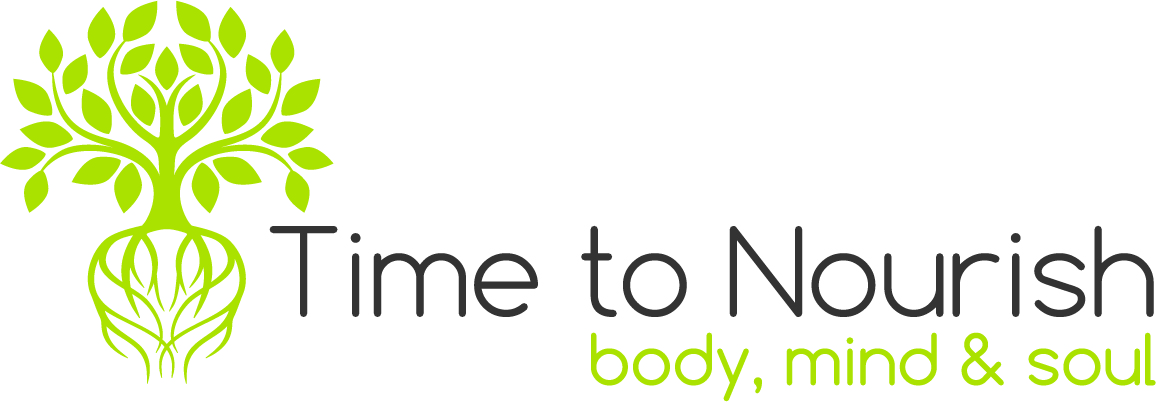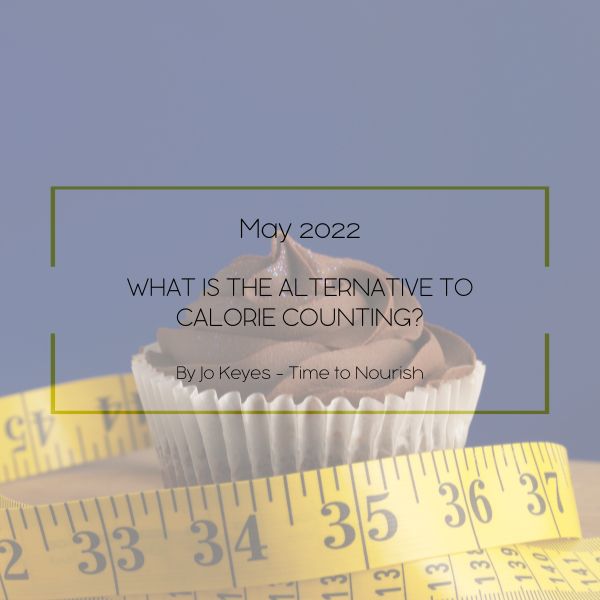Being in a calorie deficit is how we can lose weight
Counting calories is the best way to manage weight
Well scientifically the first one may be the case but anyone who knows me or has followed me will know I am not a fan of calorie counting AT ALL.
There are several reasons for this:
- It is not sustainable – faffing about working out how many calories are in a tsp of this and tsp of that at every meal!! REALLY?? We don’t have time for that, and anyway one app will tell you that 20g walnuts is 131kcal and another will say…it’s only 120!
- It screws with our thoughts around what we choose to eat – i.e. if you are counting calories and want to get a good full plate you are not going to waste your calories on ½ an avocado…. You will be filling your plate with celery because more food on the plate means fuller for longer right!?? WRONG!!
- It also implies that all food is equal, so eating 100 calories of white chocolate (18g) and 100 calories of broccoli (300g) would give the same results to our health. Now none of us are that naïve really but when you are on this path, this way of thinking creeps in. I know, I have been there, done that!
- It encourages us to exercise for the wrong reasons and often leads to focusing only on cardio to burn calories when strength training and conditioning may be better for us.
The reality is calories just measure the energy that a food may provide. I say may because there lies another issue – the way a food’s caloric value is determined is described effectively here…..
Originally, the calorie content of a food was measured in a calorimeter. A known amount of food, which has had its water content evaporated, was placed in a container surrounded by a known amount of water. The container was sealed, oxygen piped in, and the food ignited. From the rise in temperature of the water, the calorie content of the food was calculated.
(Schwarcz, 2018)
They have slightly changed the way they calculate it now taking into consideration the different components of carbs, fats, and proteins but it is still based on the same method which in NO WAY emulates the complexity of how food is metabolised and energy extracted in our amazing creation of a body!! Or the other effects components in that food has on the body and our health.
So what can we do to keep on track and manage our weight???
Here are my top tips
I believe that focusing on diet quality and gaining an understanding of the right portion size for YOU, how to build a balanced plate for health including all the macro nutrients from whole foods and staying hydrated is the key.
Nutrient Dense Whole Foods – ensure the body receives the vitamins and minerals it needs to work effectively and efficiently, reducing inflammation, increasing energy, reduce craving and so on which will in turn provide the right environment for a health equilibrium of weight. Focus on a variety of colours of fruit and veg, whole grains, nuts and seeds, beans and legumes, lean meat and fish.
High protein – check in with your protein intake. Protein is the building blocks of the body and the amount you need depends on many factors, including your activity level, age, muscle mass, physique goals, and overall health. The official DRI (Dietary Reference Intake) is 0.36 grams of protein per pound of body weight. So for a sedentary women weighing 9 stone (126lbs) it is 45 grams of protein per day.
What does that look like in food? So 150g lentils provides 13.5gm protein or an average skinless, boneless chicken breast weighing 150g contains 46.5g of protein. So job done?? Well, this may be enough to prevent a deficiency but if you are trying to manage your weight and doing some exercise you may want to up this.
Research shows that 30% of daily calories in protein is more optimal for weight loss (Westerterp-Plantenga, 2004), which means for a 2000 a day average calorie intake protein should be around 150 grams per day…. So a better calculation is 1.2g of protein per lbs of body weight.
Protein is important when it comes to managing or losing weight for a number of reasons:
- It reduces appetite by keeping you fuller for longer.
- It boosts metabolism due to the thermic effect of digesting protein. 20-30% of calories consumed from protein are used up in digesting it alone. Compared to 5-10% to digesting carbs and only 0-3% to digest fats. (Koolias, n.d.)
- It also supports increased muscle mass which in turn burns more energy as muscle tissue is metabolically more active and burns more calories than fat tissue.
High Fibre – If you are following a nutrient dense whole food diet your fibre intake will be high and this is important for keeping your digestive system healthy. This is paramount for efficient detoxification which will reduce inflammation and ensure that food is broken down and nutrients absorbed effectively reducing craving and aiding weight management.
Limit added sugar and processed food and swap to low glycaemic carbohydrates – this will help to manage your blood sugars and avoid a roller coaster of sugar spikes and crashes, important to stabilise hormones which can affect our weight. It will also reduce cravings, boost energy and further reduce inflammation. Focus on whole grains and root vegetables for carbohydrate choice and use natural sweetness from fruits.
Mindful healthy fat –Due to the high calorie value of fats we often find ourselves limiting or choosing low fat options when looking to lose or manage our weight. This can be counterproductive as we need healthy fats to keep us fuller for longer, support our hormones and brain function as well as reduce inflammation. Healthy fats from oily fish, avocado, full fat dairy, coconut, olives, nuts and seeds are all an important part of a healthy balanced diet and should be enjoyed in moderation.
Hydration –we know that staying hydrated is important for our health and when it comes to weight loss this should be high on the list of priorities. Not only does it play a key role in digestion, detoxification and muscle function, studies have shown that it can suppress appetite and increase calorie burn (Girona, 2014), and is required for efficient fat burning. How much should you aim for a day is dependent on size, age, activity levels etc but the standard recommendation is around 2lts a day for adult women.
Sleep and move – The final, very important factor is to prioritise sleep, aiming to get a least 7 hours of quality sleep a night. Studies suggest that if you are not getting enough sleep you will hold onto your fat stores more easily and are more likely to lose muscle mass if you are in a calorie deficit. Moving more is not rocket science but focus more on your ‘Non exercise activity thermogenesis’ NEAT… just moving about in your daily life eg, walk to the shops, take the stairs, do the gardening, even fidgeting counts!
So this little blog ended up being a little longer than I anticipated but I hope it gave you an insight into what you can focus on other than calories when it comes to a healthy balanced diet that will lead to a healthy weight for you!
If you would like help on your health journey, why not book in for a discovery call with me here to find out about our Menu&Mind members programme or how to book in for a Personal Food Diary Review or Private Cook Up with me.
Bibliography
Girona, M. (2014, June). Cardiovascular and metabolic responses to tap water ingestion in young humans. Retrieved from PubMed: https://pubmed.ncbi.nlm.nih.gov/24684853/
Koolias, H. (n.d.). A calorie is not a calorie. Retrieved from Precision Nutrition: https://www.precisionnutrition.com/digesting-whole-vs-processed-foods
Schwarcz, J. (2018). How is the caloric value of food determined? Retrieved from Office for Science and Society: How is the caloric value of food determined? | Office for Science and Society – McGill University
Westerterp-Plantenga, M. S. (2004, January 28). High protein intake sustains weight maintenance after body weight loss in humans. Retrieved from PubMed: https://pubmed.ncbi.nlm.nih.gov/14710168/



